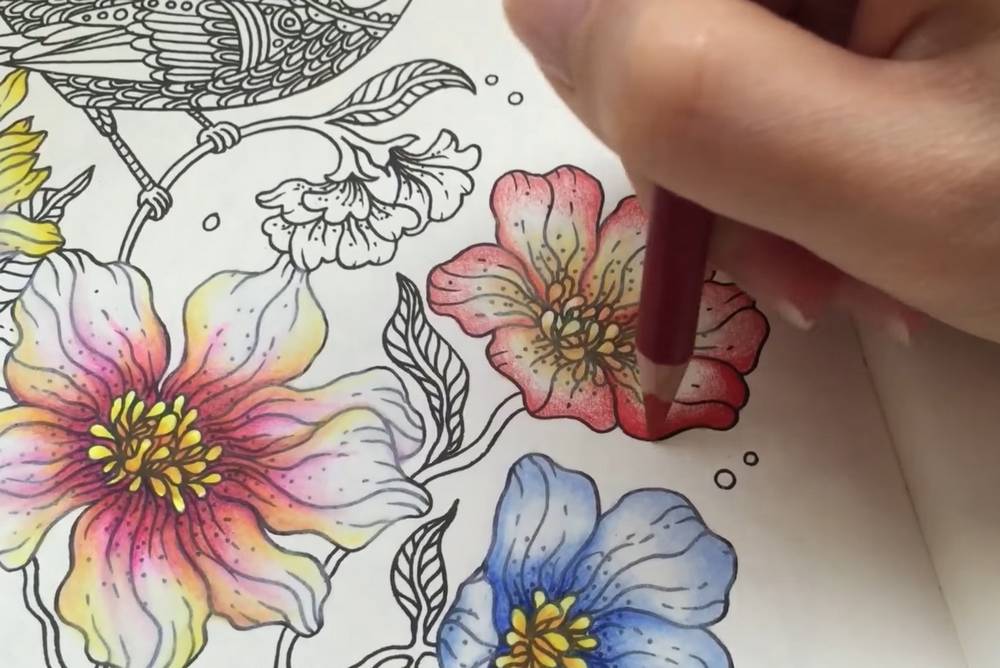Studies have pointed out that most people get happier as they grow older. In fact, across any cultural, economic, and social spectrum, the most content cohort tends to be seniors.
Older people find happiness in “ordinary” things.
Older people start taking stock of their blessings. They’ve concluded that life is short. Amid the anxieties about ill health, income and savings, changes in social status, and bereavements, they tend to make the best of the time they have left.
People in later life learn to avoid situations that make them feel sad or stressed. They have relationships that are more meaningful. They’ve also had more time to learn and read others’ intentions, which helps them avoid stressful situations and develop better solutions to conflict. They’re less likely to experience persistent negative moods.
In short, older people have a better sense of perspective on life, and they take things in stride. Moreover, they’re better able to control their emotions.
Idea for Impact: Don’t wait until later life for a positive experience.
If there’s one thing the older folks can show us best, happiness is a function of expectations. Older people adjust their expectations of life. They have lower aspirations, and they learn to find satisfaction in tiny triumphs.
What elements of that mindset could you integrate into your life now? Could you live more in the present tense, not grasping at some future happiness jackpot?
.jpg)
.jpg)
.jpg)
